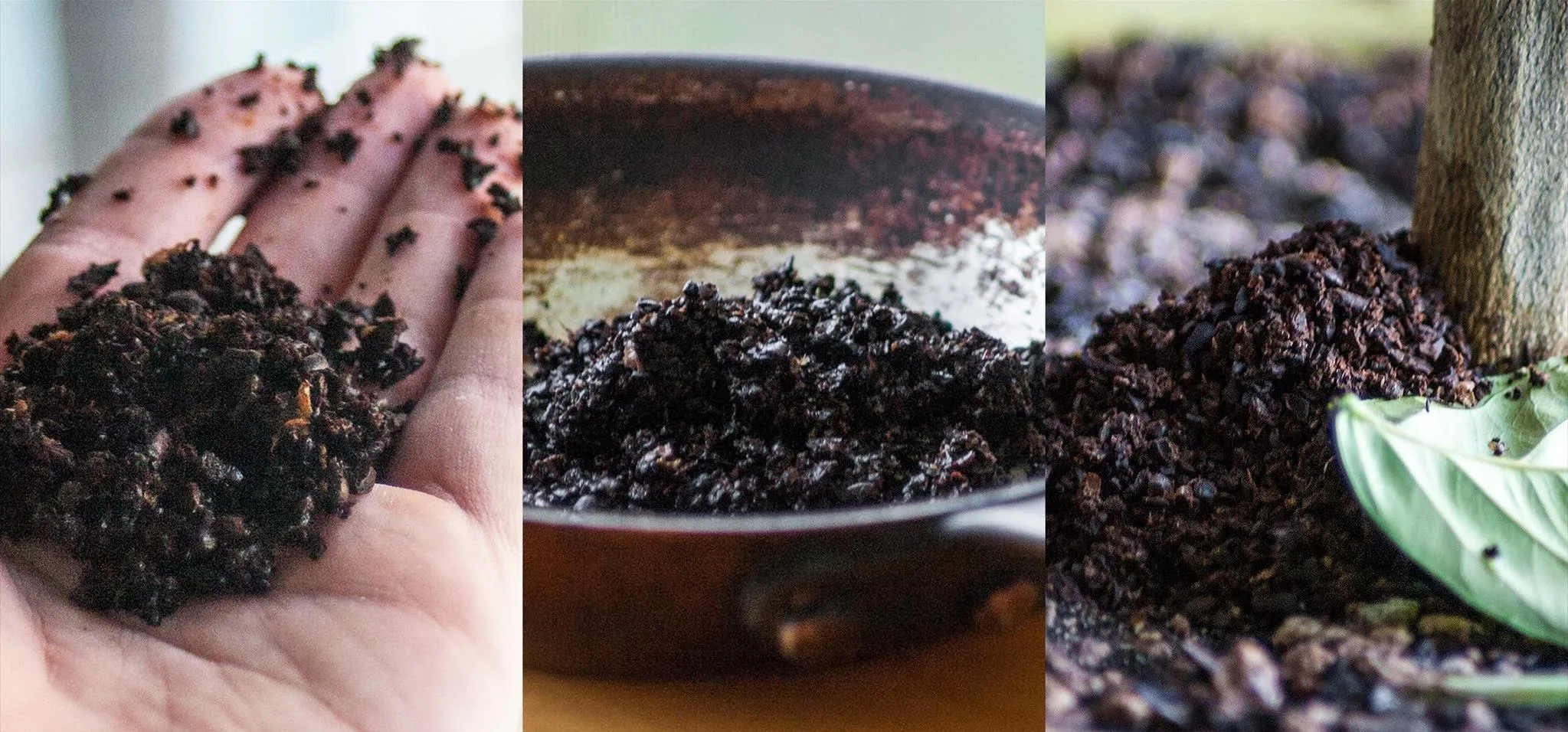Is It Safe to Dispose of Coffee Grounds Down the Sink? - Discover You Should Know
Is It Safe to Dispose of Coffee Grounds Down the Sink? - Discover You Should Know
Blog Article
We've encountered the article relating to Can Coffee Grounds Go Down the Drain or Sink? directly below on the web and decided it made perfect sense to write about it with you on this page.

If you're a devoted coffee drinker, you may be wondering about the best means to take care of your coffee premises. While it may seem convenient to clean them down the sink, this method can result in several concerns for both your plumbing and the setting. In this short article, we'll explore whether it's secure to put coffee premises down the sink and talk about alternate disposal approaches to think about.
Alternatives to Disposing of Coffee Grounds
Garbage Disposal
If you don't have a composting arrangement, an additional choice is to simply toss your coffee grounds in the garbage. Be sure to seal them in a compostable bag or container to avoid smells and leak. While this technique doesn't use the same ecological advantages as composting, it's a secure and practical means to get rid of coffee premises.
Composting
One environment-friendly alternative for getting rid of coffee grounds is to compost them. Coffee grounds are rich in nitrogen, making them an excellent enhancement to compost heap or bins. As they disintegrate, they add nutrients to the soil, boosting its fertility and structure.
Threats of Putting Coffee Grounds Down the Sink
Plumbing Issues
One of the primary worry about throwing away coffee premises down the sink is the threat of clogging your pipes. Coffee premises do not liquify in water and can collect gradually, creating a dense sludge that can obstruct drains and lead to pricey plumbing repair services.
Ecological Impact
Past the possible damage to your plumbing, placing coffee premises down the sink can likewise damage the setting. When cleaned right into the sewage system, coffee premises can contribute to blockages in sewer lines and therapy facilities. Furthermore, the high focus of raw material in coffee premises can diminish oxygen levels in waterways, negatively affecting aquatic life.
Tips for Proper Disposal
Regular Maintenance
Regardless of exactly how you pick to take care of your coffee premises, it's important to maintain your plumbing routinely. Set up routine drain cleansings to eliminate any kind of build-up and ensure that your pipes stay clear and free-flowing.
Use a Sink Strainer
To stop coffee grounds from entering your sink's drain in the first place, think about using a sink filter. These cost-effective devices trap solid particles, consisting of coffee grounds, avoiding them from creating blockages.
Verdict
While it might be appealing to wash coffee premises down the sink for benefit, doing so can have severe consequences for your plumbing and the atmosphere. Instead, take into consideration composting your coffee grounds or throwing away them in the trash. By embracing liable disposal practices, you can enjoy your coffee guilt-free while lessening your ecological impact.
Coffee Grounds Down The Drain: Are They OK?
Can Coffee Grounds Go Down the Sink?
You may be thinking, “But I pour them down the sink drain every day and I’ve never had a clogged drain!” You see, coffee grounds come from coffee beans, which are virtually rock hard by the time they’re ground and brewed. You certainly wouldn’t want to grind up the pit from a peach, apricot, or nectarine that is about just as hard because they wouldn’t break down like other foods, and it’s the same with coffee beans!
If you usually grind coffee beans in the garbage disposal because it seems the cleanest and convenient, we don’t fault you for that. And anyone who has ever had to clean up the trash with spilled coffee grounds after a dog got into it would understand the rationale. Unfortunately, coffee grounds do not break down in water, so instead of grinding up and washing away as normal foods do in a garbage disposal, they clump together and as time goes by, the grounds can form a clump and pack the drain until it develops a clog.
What to Do With Coffee Grounds
So, what do you do with coffee grounds if you can't put them down the drain? You could of course just throw them in the garbage, but we encourage you to give these practical uses for them a try!
Since coffee grounds contain key minerals for plant growth, you can use them to fertilize your garden. Coffee grounds not only fertilize gardens because they are mineral-rich, but they are also great at absorbing contaminants in the soil, particularly heavy metals. Coffee grounds are said to attract worms, which help gardens flourish. You can use coffee grounds as fertilizer by sprinkling them around your plants. You can compost your coffee grounds and use them at a later time. Coffee grounds are great insect repellents when you place them in bowls or sprinkle them around the areas you want to repel insects. To remove fleas from your dog or cat, simply shampoo your pet then rub coffee grounds throughout their fur. Rinse them off and dry as usual. Like baking soda, used coffee grounds can eliminate odors. You can place them in a bowl in the fridge and let them do the work! Mix coffee grounds with coconut oil for a wonderful face or body scrub, or to reduce the appearance of cellulite. https://www.wintershomeservices.com/blog/2019/august/coffee-grounds-down-the-drain-are-they-ok-/

I hope you enjoyed reading our piece on Can Coffee Grounds Go Down the Drain or Sink?. Thank you for finding the time to read our article post. Those who liked our blog post if you please be sure to pass it around. I cherish reading our article about Should You Put Coffee Grounds Down the Sink?.
Click Here To Find Out More Report this page